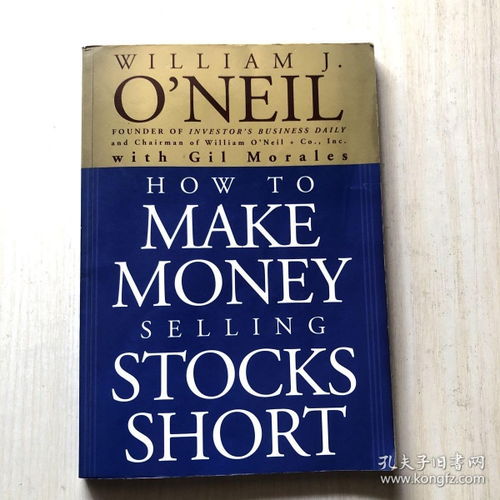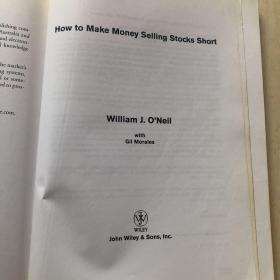Understanding the Concept of Selling Calls

Are you looking for a way to make money that doesn’t require a lot of capital or a physical product? Selling calls might be the perfect solution for you. But what exactly is selling calls, and how can you do it effectively? Let’s dive into the details.
What are Calls?

Calls are a type of financial instrument known as options. When you sell a call, you are essentially giving someone the right, but not the obligation, to buy a stock from you at a predetermined price (known as the strike price) within a specific time frame (known as the expiration date). If the buyer decides to exercise their right to buy the stock, you are obligated to sell it to them at the strike price. If they choose not to exercise their right, you keep the premium you received for selling the call.
Why Sell Calls?

There are several reasons why you might want to sell calls:
-
Generate income: Selling calls can provide you with a steady stream of income, especially if you have a diversified portfolio of stocks.
-
Limit risk: Selling calls can help you manage your risk by locking in a profit if the stock price doesn’t move significantly.
-
Time decay: As the expiration date approaches, the value of the call option decreases, which can work in your favor if you expect the stock price to remain relatively stable.
How to Get Started
Before you start selling calls, there are a few things you need to do:
-
Open a brokerage account: You’ll need a brokerage account to trade options. Make sure to choose a reputable broker that offers low fees and a user-friendly platform.
-
Understand the risks: Selling calls can be risky, especially if the stock price moves significantly against you. Make sure you understand the risks and are comfortable with them before you start.
-
Research and analyze: Before selling a call, research the stock and analyze its price movements. Look for stocks that are stable or have a downward trend, as these are often good candidates for selling calls.
Choosing the Right Stock
When choosing a stock to sell calls on, consider the following factors:
-
Volatility: Look for stocks with low volatility, as they are less likely to experience significant price movements.
-
Dividends: Stocks that pay dividends can be good candidates for selling calls, as the dividend income can offset some of the risk.
-
Market trends: Consider the overall market trends and how they might affect the stock you’re considering.
Setting the Strike Price and Expiration Date
When selling a call, you’ll need to choose a strike price and an expiration date. Here are some tips:
-
Strike price: Choose a strike price that is close to the current stock price. This will increase your chances of the call expiring worthless.
-
Expiration date: Choose an expiration date that is at least a few months away. This gives the stock enough time to move, but not so much time that the option becomes too expensive.
Monitoring Your Positions
Once you’ve sold a call, it’s important to monitor your position closely. Here are some tips:
-
Check the stock price: Keep an eye on the stock price to ensure it remains within your desired range.
-
Review your strategy: If the stock price moves significantly against you, consider adjusting your strategy or closing out your position.
-
Stay informed: Keep up with market news and events that could affect the stock price.
Table: Key Factors to Consider When Selling Calls
| Factor | Description |
|---|---|
| Stock Volatility | Look for stocks with low volatility to reduce the risk of significant price movements. |
| Dividends | Consider stocks that pay dividends
|




